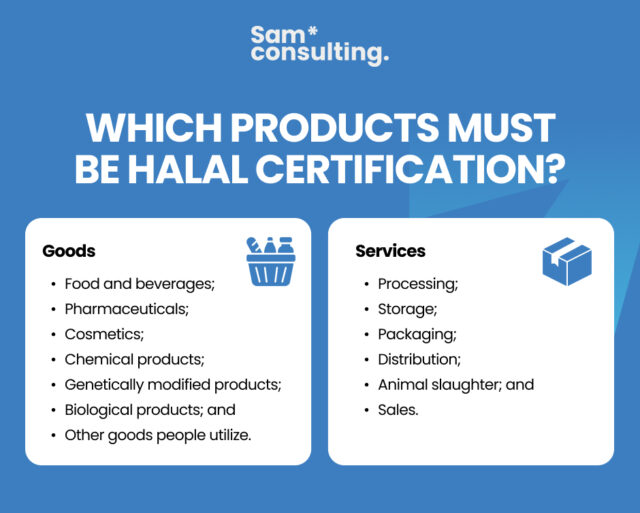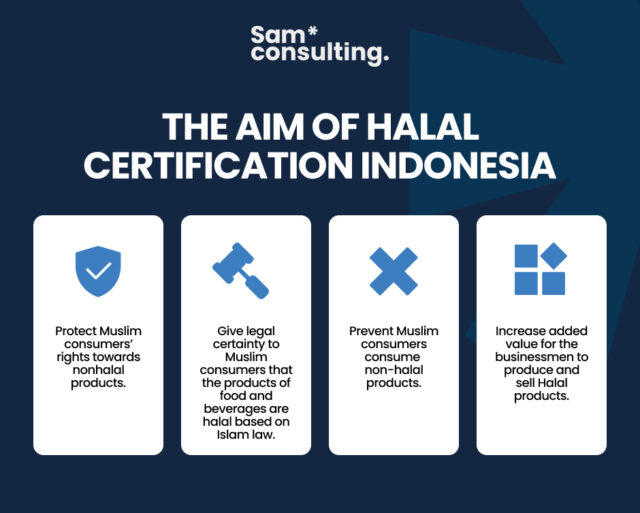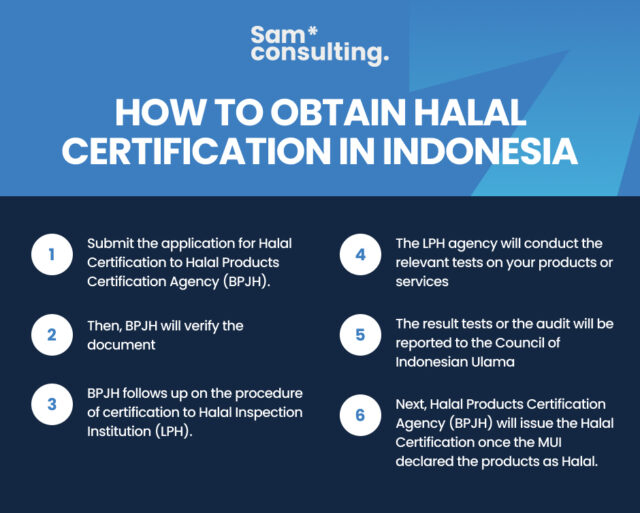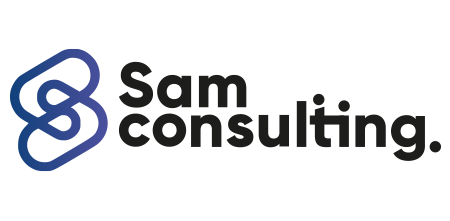Table of Contents
What Is Halal Certification Indonesia?
Halal certification in Indonesia is a declaration to prove that the products meet Islam law. The certification is issued by the Halal Products Certification Agency (BPJH), a new government agency under the Ministry of Religious Affairs. Previously, the Halal Certification is issued by The Council of Indonesian Ulama (Majlis Ulama Indonesia).
Halal means all products and services that do not contain prohibited materials, ingredients, or unlawful methods in accordance with Islamic sharia law. Also, the Halal Law regulates the processing, materials, and certification of Halal products
Which Products Must be Halal Certification?

Based on Government Regulation Number 39/2021, there are some goods and services that must be Halal Certified as follows:
Goods
- Food and beverages;
- Pharmaceuticals;
- Cosmetics;
- Chemical products;
- Genetically modified products;
- Biological products; and
- Other goods people utilize.
Services
- Processing;
- Storage;
- Packaging;
- Distribution;
- Animal slaughter; and
- Sales.
Do you need our help? Please contact us by WhatsApp
The Aim of Halal Certification Indonesia

The aims of obtaining Halal Certification are as follows:
- Protect Muslim consumers’ rights towards nonhalal products.
- Give legal certainty to Muslim consumers that the products of food and beverages are halal based on Islam law.
- Prevent Muslim consumers consume non-halal products.
- Increase added value for the businessmen to produce and sell Halal products.
Validity and Renewal
The halal certification in Indonesia is valid for four years. If you want to renew it, make sure no later than three months before its expiration date as long as the composition and process of production do not change.
Requirements to Obtain Halal Certification
Please note that it is a must that any products that sell with the Halal label must have the Halal Certification from Indonesia. For Halal certificates from other countries should meet the requirements of the Indonesian Halal standards.
In accordance with Halal Products Certification Agency (BPJH), the mandatory Halal Labeling Law applies to food and beverages, cosmetics, drugs, restaurants, slaughterhouses, and other consumer goods, and services related to these goods. In addition, manufacturers and distributors or importers can apply for the Halal certificate.
If you are from a foreign company that wants to export products and needs to get the Halal Certification into Indonesia, your products must be Halal-certified by an agency from your own country. Also, that agency must already be registered with the Halal Products Certification Agency (BPJH).
How to Obtain Halal Certification in Indonesia
There are some steps you should follow to obtain it:
- Submit the application for Halal Certification to Halal Products Certification Agency (BPJH).
- Then, BPJH will verify the authentication of the documents that you submit.
- BPJH follows up on the procedure of certification to Halal Inspection Institution (LPH).
- The LPH agency will conduct the relevant tests on your products or services whether the registered products are halal or not.
- The result tests or the audit will be reported to the Council of Indonesian Ulama (Majlis Ulama Indonesia) to issue a legal opinion in accordance with Islamic law (fatwa).
- Next, Halal Products Certification Agency (BPJH) will issue the Halal Certification once the MUI declared the products as Halal.

In conclusion, the process of obtaining Halal Certification is quite time-consuming, so you should prepare all requirements long before.
If you need more information regarding this Halal Certification Indonesia, please contact SAM Consulting with a professional team ready to help at any time. Furthermore, SAM Consulting has a 10 years proven track record of handling international clients.
Do you need our help? Please contact us by WhatsApp


